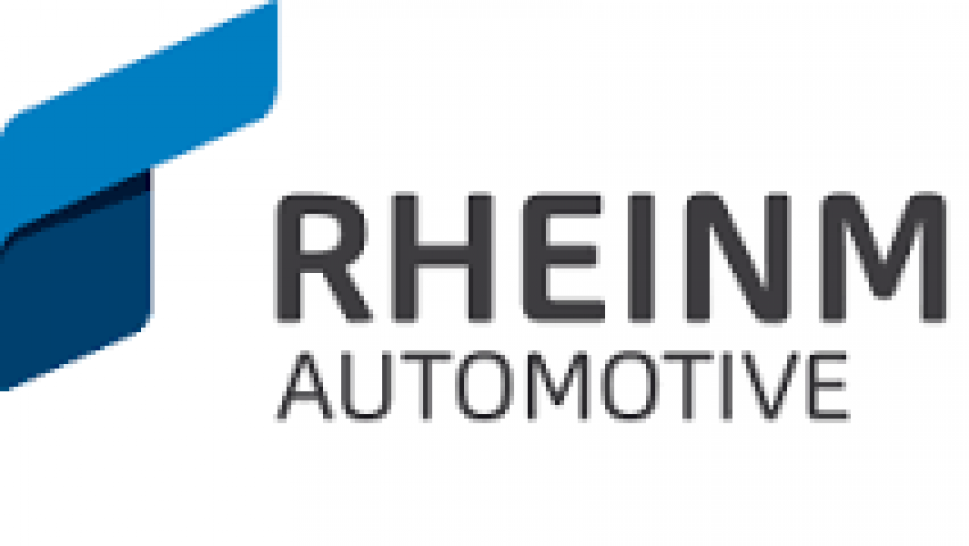Rheinmetall’s strength in efficiency
Rheinmetall is a successful player in the global defence manufacturing space, with a legacy running back more than a century. Beginning in ammunition and weapon production, after the post-war restrictions on German military development, the company diversified into other areas. Today, the group has two divisions, Automotive and Defence, with numerous subsidiaries.
It has a market capitalisation of €4.8bn and its defence sector operations, worth 52% of total sales in 2018, are expected to see a rise of between 9-11%. The company is targeting revenue growth of 4-6% in 2019, having seen its earnings per share rise by 21% over the last three years. Whatever Rheinmetall is doing, shareholders have reason to be pleased.
For the last 20 years, Rheinmetall has been reinforcing its position through numerous strategic acquisitions and joint ventures. The majority of these transactions have related to ammunition, weapons, and electronic solutions, with some purchases related to vehicle systems. The group has built a reputation as a hyper-efficient entity with a keen eye for profit.
Restructuring without hesitation
Rheinmetall has shown a noteworthy sophistication in its mergers, demergers, and sales over the years. Part of the group’s success is rooted in strong competencies in restructuring and decision making, allowing optimal use of acquisitions and holdings.
An example of this would be the creation of Rheinmetall Landsysteme GbmH in 2000 through the merger of Henschel Wehrtechnik, KUKA Wehrtechnik, and MaK System Gesellschaft GmbH, streamlining three operations into one.
Rheinmetall has also effectively used dynamic restructuring to turn its acquisitions into sources of profit, as it did in 2003 with the subdivision of STN Atlas Elektronik. The company was divided into two parts, the land, air systems, and simulation departments remaining under Rheinmetall DeTec; with naval systems and production offloaded to BAE Systems, the previous joint owner of the company.
Another example would be Rheinmetall’s divestitures of the Heidel group, a manufacturer of machines and machine tools, and Nico Feuerwerk GmbH, a chemical producer and distributor – as part of Rheinmetall’s defence-focused strategy to shed non-core businesses.
In spite of its numerous acquisitions since 2000, the group has also displayed an impressive ability to keep its staff footprint to a minimum. Currently, Rheinmetall’s whole group headcount sits at just under 25,000, while the number of subsidiaries has increased along with order turnover.
Cutting staffing where practical, and closing factories which do not meet the standard for profit, has been a stern policy for the group. This has improved overall efficiency, lifting value and ensuring returns for investors. Despite doubling its market cap since 2013, Rheinmetall’s headcount has remained relatively steady.
Rheinmetall has also proven astute with mobilisation of its holdings. The group has had to become adept at using subsidiaries to tap markets restricted by German trade policy, a recurring concern given the sensitivity of the defence industry to domestic politics.
Although Rheinmetall’s CEO Armin Papperger has distanced himself from certain subsidiaries gaining media attention, their activities have undoubtably been good for business.
In a meeting with investors earlier this year, the CEO stressed that his company was not responsible for any business conducted by its subsidiaries. A lot of scrutiny was placed on RWM Italia over dealings with Saudi Arabian – contracts that have been highly-profitable. German legislation harshly restricts sales of weapons to Saudi Arabia, in the wake of the Khashoggi killing and Saudi involvement in Yemen, however, the law in Italy is different.
"If we produce in Italy, we are subject to Italian laws. And we'll stick to that,” Papperger argued in response to media criticism. This episode was one of many examples of Papperger’s subtlety in navigating legislation and lobbying, something the group has become respected for.
Renk’s potential
Returning to Renk, in the acquisition of the drive train specialist, Rheinmetall has an excellent opportunity to bolster its defence manufacturing capabilities. Renk operates a number of divisions in multiple verticals, but of most interest to Papperger’s current strategy to consolidate the defence market would be Renk’s transmissions for armoured and tracked military vehicles.
With such clear proficiencies in restructuring and tactical demergers, Rheinmetall has all the expertise required to assimilate Renk’s military vehicle operation into its existing defence industry production infrastructure. In doing so, the group can acquire high-value engineering expertise and enhance its capabilities in military vehicle technology.
As for the other Renk divisions in renewable energy, civilian transportation and shipping, etc, Rheinmetall could separate out the constituent parts of the business or shrink their operations where appropriate. This would provide scope for different options in resale, or merger, or joint venture, much as Rheinmetall has achieved in the past.
Whatever Rheinmetall’s board decides, Renk’s military vehicle transmissions will be a solid addition to the portfolio, giving the group an even firmer grip on the industry.



Share the News